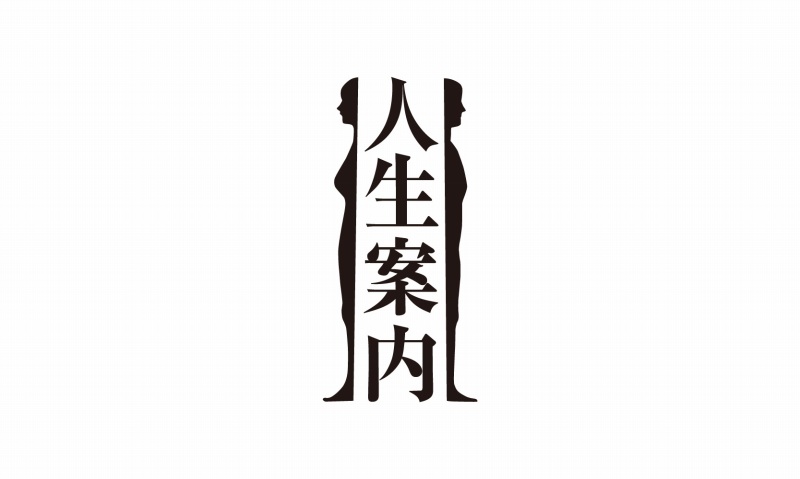
12:30 JST, August 6, 2023
Dear Troubleshooter:
I am a male student in my 20s. I am not good at reading, and I dislike it. My parents keep insisting that I should read books.
What are the benefits of reading? If you want to know how a story develops or the mind moves, you can do so through movies or manga. If you want to acquire knowledge, you can look at an illustrated encyclopedia. If you want to increase your vocabulary, you can use a dictionary. There are many alternatives.
It takes me more time to read than others, and because of that I don’t want to read. I feel there is more value in spending time on other hobbies or study.
When I ask my parents why I have to read, they always say the same thing: “You can’t do anything right because you don’t read.” If it were as easy to read a book as it is to make the demand, I wouldn’t be asking for advice like this. My parents and I argue about this all the time.
To be honest, reading is boring and painful. Is it really something I should do?
— U, Kanagawa Prefecture
Dear Mr. U:
Everyone has their own strengths and weaknesses. You don’t mind spending a lot of time and effort on what you like and what you are good at. But you need to make a great deal of effort and have a clear goal to do something you don’t like or are not good at.
Working on what you are not good at, therefore, can lead to a chance to rethink your way of life in the future, including what you are seeking.
You are asking if reading is absolutely necessary, but why are you so concerned about the pros and cons of reading? You have already examined the advantages of reading and concluded that none of them are useful for you. If that is the case, you don’t have to pick up a book.
I suspect the trouble is something else. It seems that you are caught between two different feelings. You cannot simply resist your parents’ demand to read, but at the same time you cannot readily give in to it. It seems that both your problems and the way to solve them are related to your relationship with your parents.
You may face similar problems in the future, aside from the issue of reading. You do not have to close your ears to the opinions of your parents, but your life is yours.
I hope that you will be prepared to deliberate and decide things on your own, and bear the consequences of your decisions.
— Masami Ohinata, university president
Top Articles in Features
-

Sapporo Snow Festival Opens with 210 Snow and Ice Sculptures at 3 Venues in Hokkaido, Features Huge Dogu
-

Pangasius Catfish Increasingly Featured on Japanese Restaurant Menus, Home Dining Tables Due to Affordability, Mild Flavor
-

Tourists Flock to Ice Dome Lodge at Resort in Hokkaido, Japan; Facility Invites Visitors to Sleep on Beds Made of Ice
-

Venison from Culled Deer Made into Prepackaged Curry in Mie Pref. City, Creator Hopes to Inspire Young People to Hunt
-

Maltese Pavilion’s Famous Ftira Bread Now Available in Osaka; Loaves Became Popular during 2025 Osaka-Kansai Expo
JN ACCESS RANKING
-

Japan Institute to Use Domestic Commercial Optical Lattice Clock to Set Japan Standard Time
-

Israeli Ambassador to Japan Speaks about Japan’s Role in the Reconstruction of Gaza
-

Man Infected with Measles May Have Come in Contact with Many People in Tokyo, Went to Store, Restaurant Around When Symptoms Emerged
-

China Eyes Rare Earth Foothold in Malaysia to Maintain Dominance, Counter Japan, U.S.
-

Australian Woman Dies After Mishap on Ski Lift in Nagano Prefecture
























